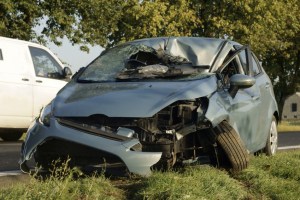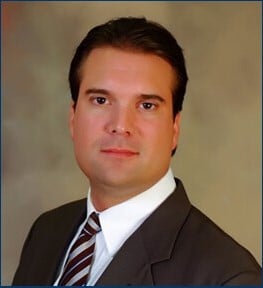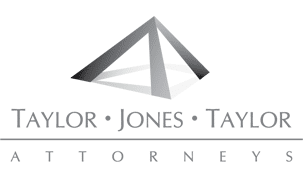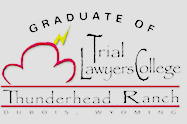 There are countless factors that contribute to a car accident, from weather and road conditions, to driver error and equipment malfunction – and everything in between. When you are involved in an accident with a commercial vehicle, or a vehicle whose driver was operating while in the course of doing their job, it can add another layer of complexity when it comes to figuring out who bears the responsibility and therefore liability for the accident. The bottom line is, yes, employers can be held responsible for the injuries suffered in an accident caused by their employee if the accident occurred while the employee was on the job.
There are countless factors that contribute to a car accident, from weather and road conditions, to driver error and equipment malfunction – and everything in between. When you are involved in an accident with a commercial vehicle, or a vehicle whose driver was operating while in the course of doing their job, it can add another layer of complexity when it comes to figuring out who bears the responsibility and therefore liability for the accident. The bottom line is, yes, employers can be held responsible for the injuries suffered in an accident caused by their employee if the accident occurred while the employee was on the job.
The legal principle of Respondeat Superior
Without getting too deep into legal jargon, the doctrine of respondeat superior applies in all 50 of the United States, and it basically states that an employer is liable to the injured third party for the negligent or tortious acts of employees that occur within the scope of employment. (American Ins. Group v. McGowan).
There are a number of exceptions and the doctrine is not a hard and fast rule. For example, the principle does not apply where the worker is an independent contractor or if the employee commits a totally unforeseeable crime while using a company vehicle.
Operating a company vehicle
When an employee is driving a vehicle that is owned by their employer and operating within the scope of their work, their employer’s liability insurance normally covers any damages to anyone who is injured in an accident that takes place while they are driving the car for work purposes.
So, if the driver of a bread delivery truck hits and injures a pedestrian while on their pre-dawn bread delivery route, their employer’s insurance policy will cover damages including:
- Medical expenses
- Lost wages
- Pain and suffering
Negligent supervision
When an employer has drivers working for him or her, they have an obligation to make sure that they have safety policies in place, and that the employees follow those safety policies. If the employer fails to make sure that their employees are obeying the rules of the road, adhering to the regulations of their industry, and operating the vehicle with the requisite skill; then the employer can be individually liable for either negligent hiring, negligent training, negligent supervising, negligent retaining the employee or for negligent entrustment. These legal duties are especially important in the commercial trucking industry for obvious reasons.
For example, the government mandates that, prior to hiring a truck driver, all commercial trucking companies have to check with the drivers’ previous employers for at least three years to see if the driver posed any danger to the public. See 49 C.F.R. 391.23(a) & (a)(2) Specifically, prior employers were to be asked: 1) identification and employment verification information; 2) information about accidents defined under the FMCSR’s including the date, location, and whether injuries, fatalities or hazardous chemicals were involved; 3) information about any other accidents the prior employer maintains and, if applicable for safety functions; 4) whether the driver has complied with all alcohol and drug regulations. The industry standard is for a trucking company to go back six years. See: Strub v. Stillmunkes Salvage and Trucking, Inc., (Iowa Ct. App. 2003). Previous employers were not always obligated to provide the information; however the rules changed in 2004 and now prior employers are REQUIRED to respond to the requested information on drivers within thirty days.
If a prior employer falsely states the driver was in good standing when they left and didn’t have a blemish on their record then the falsely reporting company can be held liable for any foreseeable damage the dangerous driver caused. Only a thorough investigation by experts knowledgeable in trucking will reveal whether a prior employer has any liability for deceiving a subsequent employer.
Were you injured in an auto accident with a commercial vehicle? We invite you to contact Taylor Jones Taylor to learn more about our personal injury legal services, and to set up a no-obligation consultation at one of our offices in Southaven, Olive Branch or Hernando, Mississippi.

Benjamin L. Taylor is a lifelong resident of DeSoto County and has distinguished himself in the area of products liability and personal injury law. He has a reputation as a fierce advocate for his clients and has obtained millions of dollars in verdicts and settlements over his career. He has been listed in the publication Super Lawyers of the Mid-South in the area of product liability. To learn more about Mr. Taylor, please refer to his biography page.




